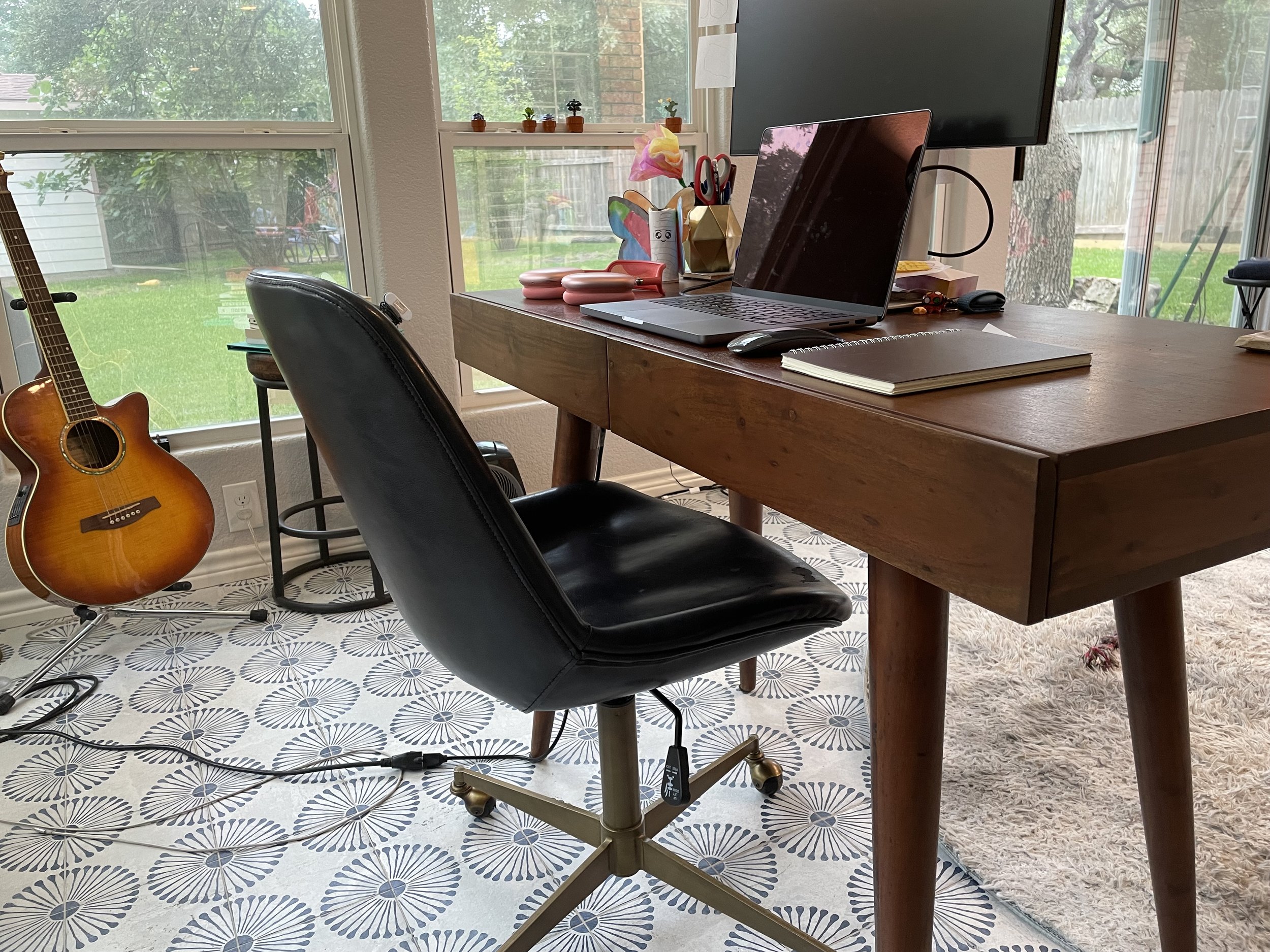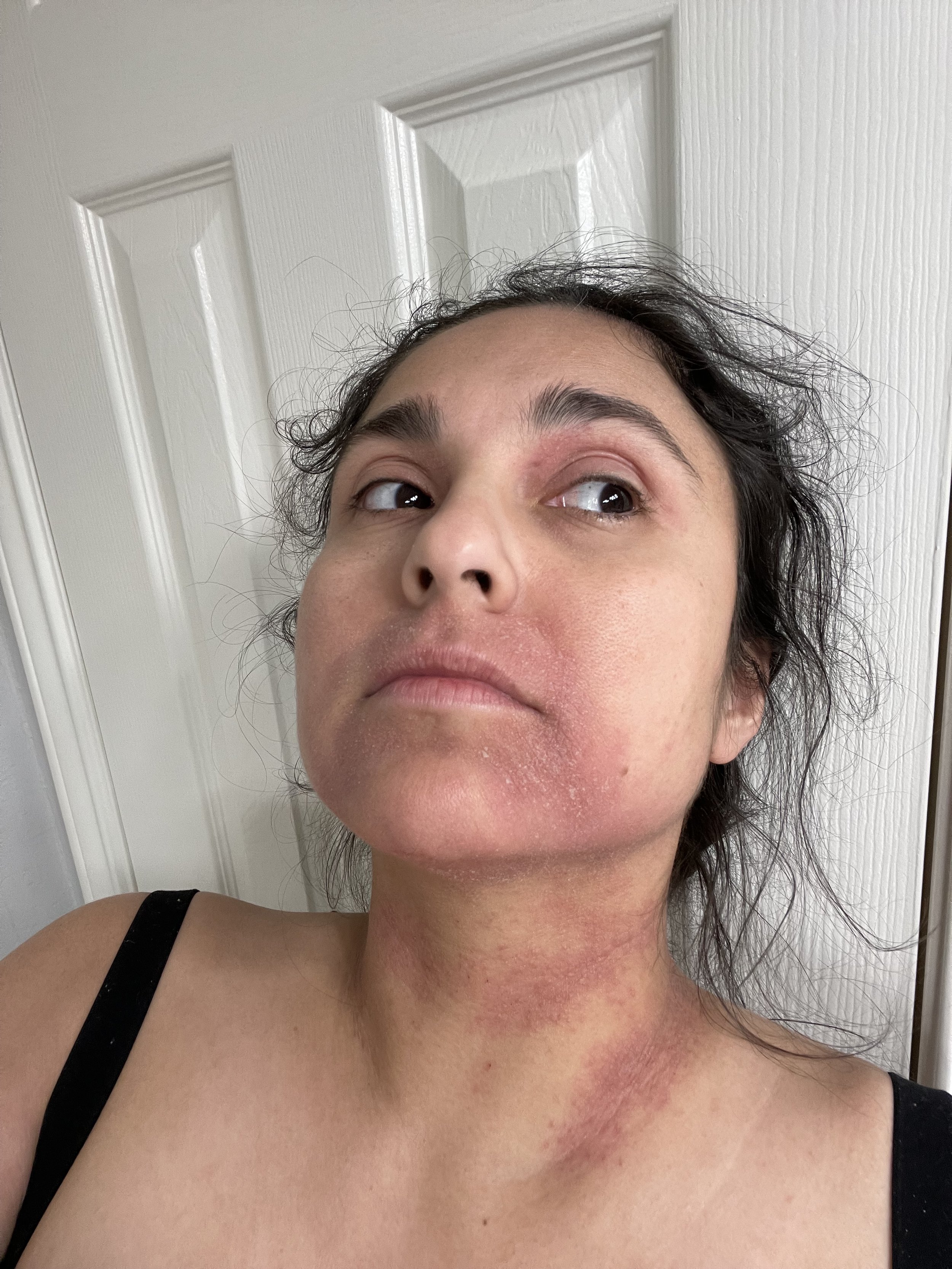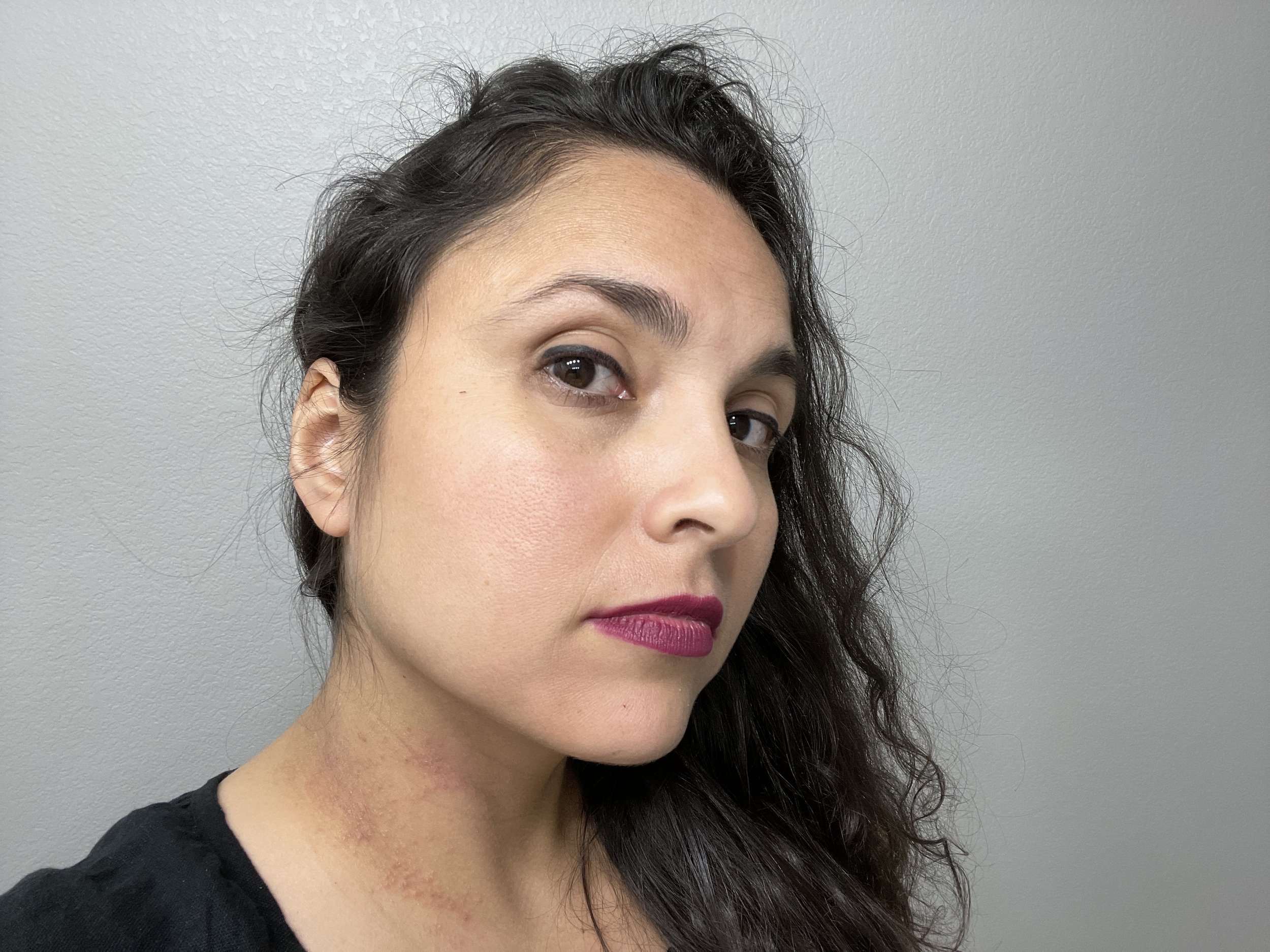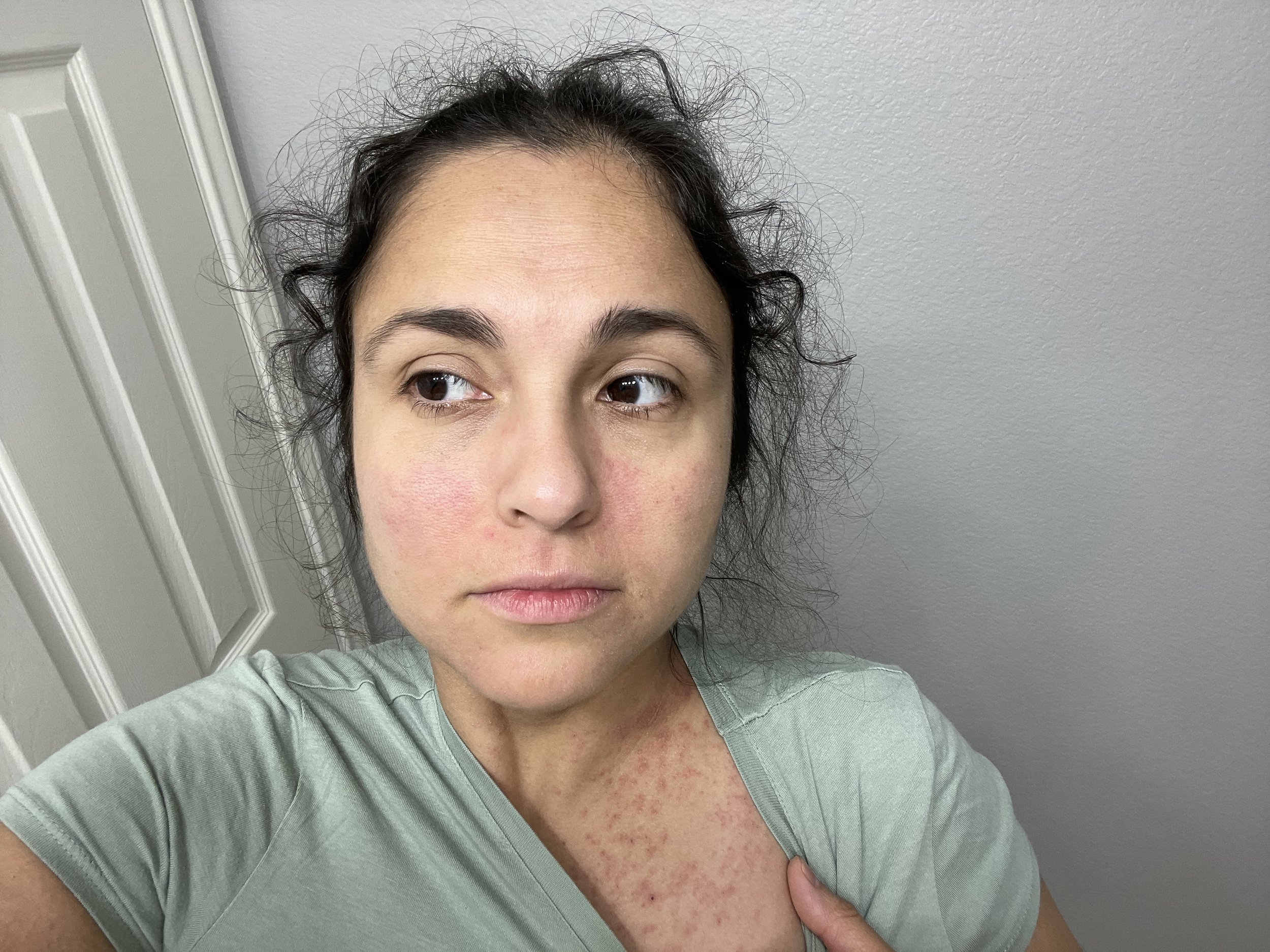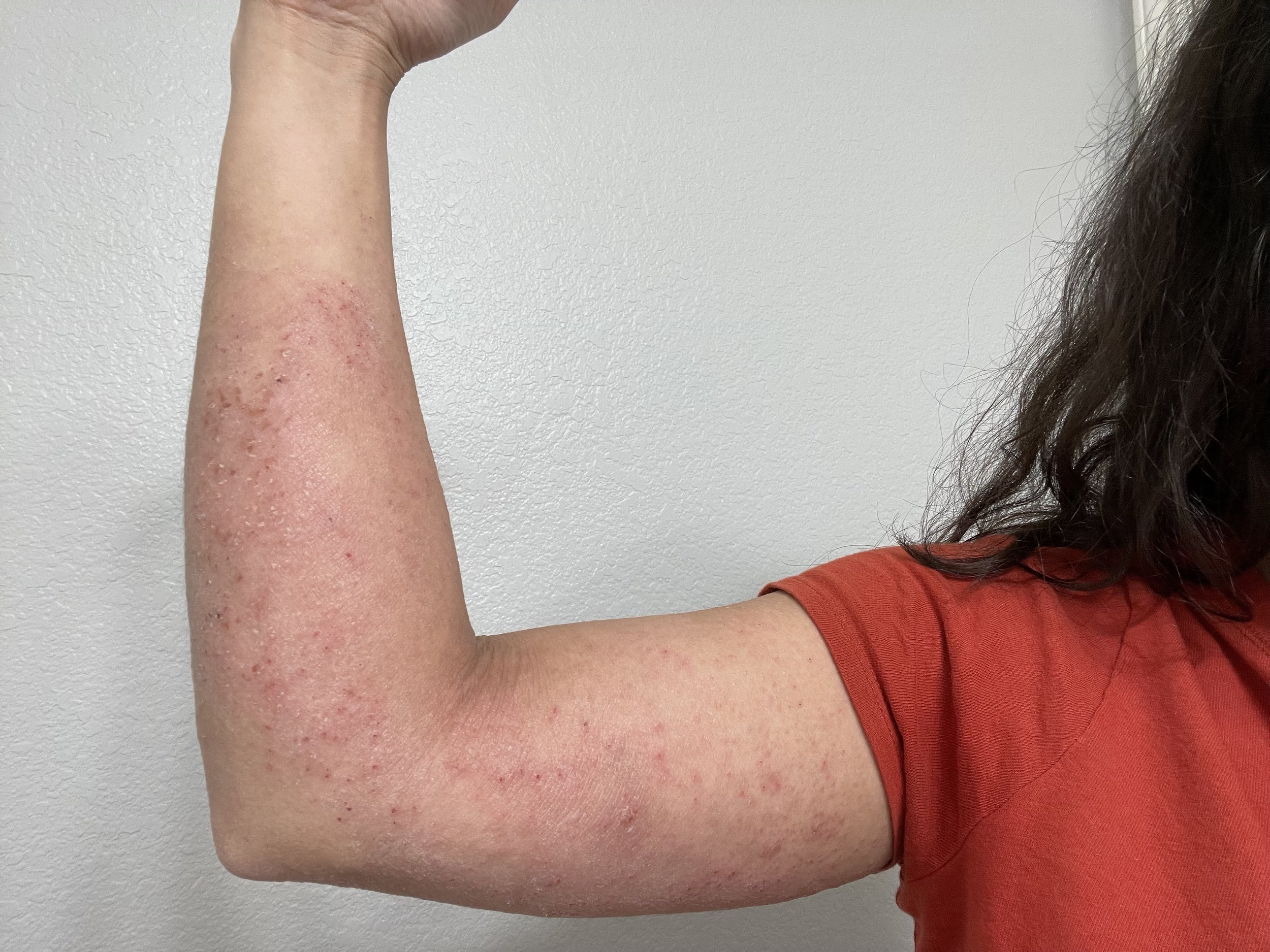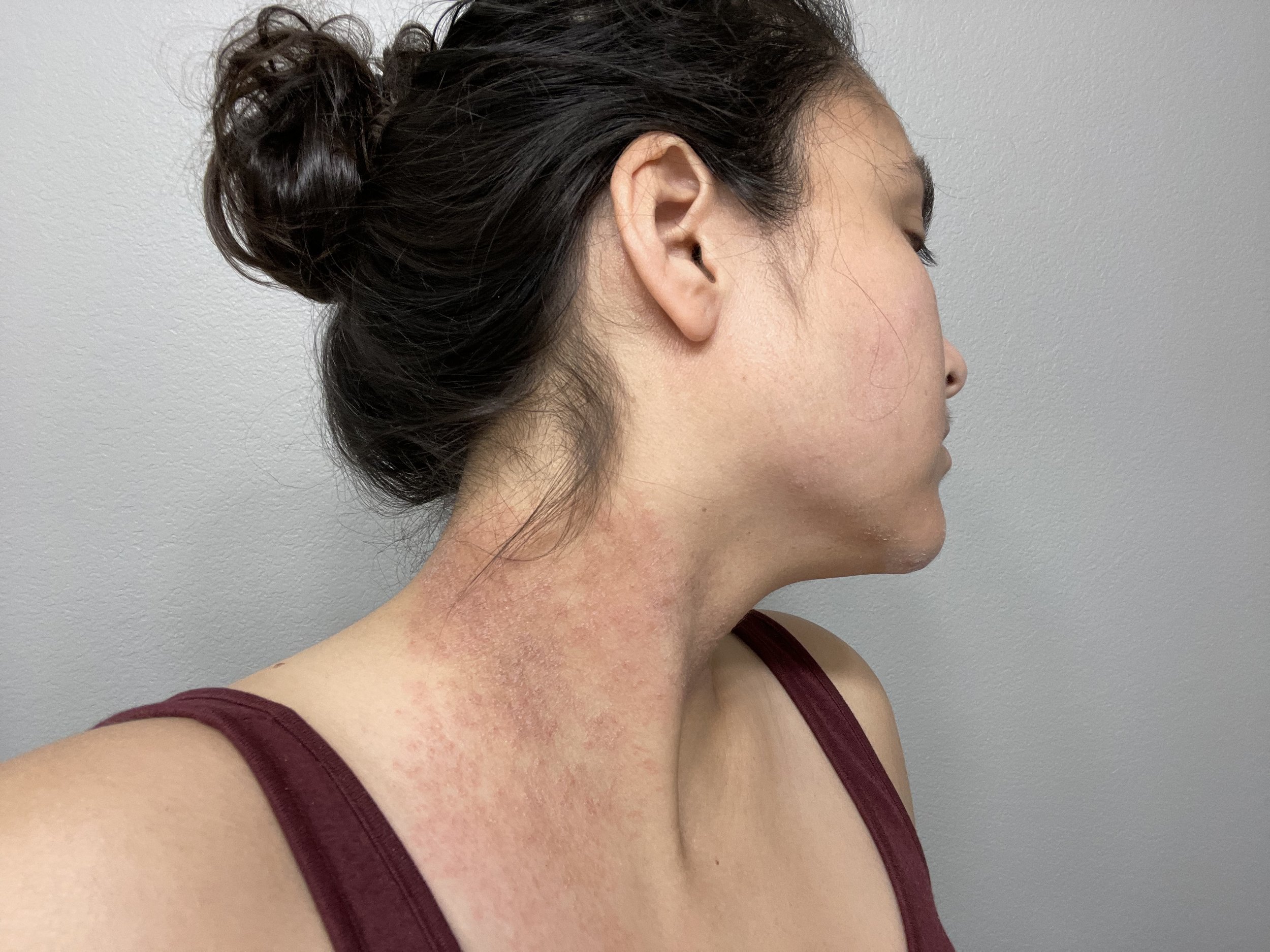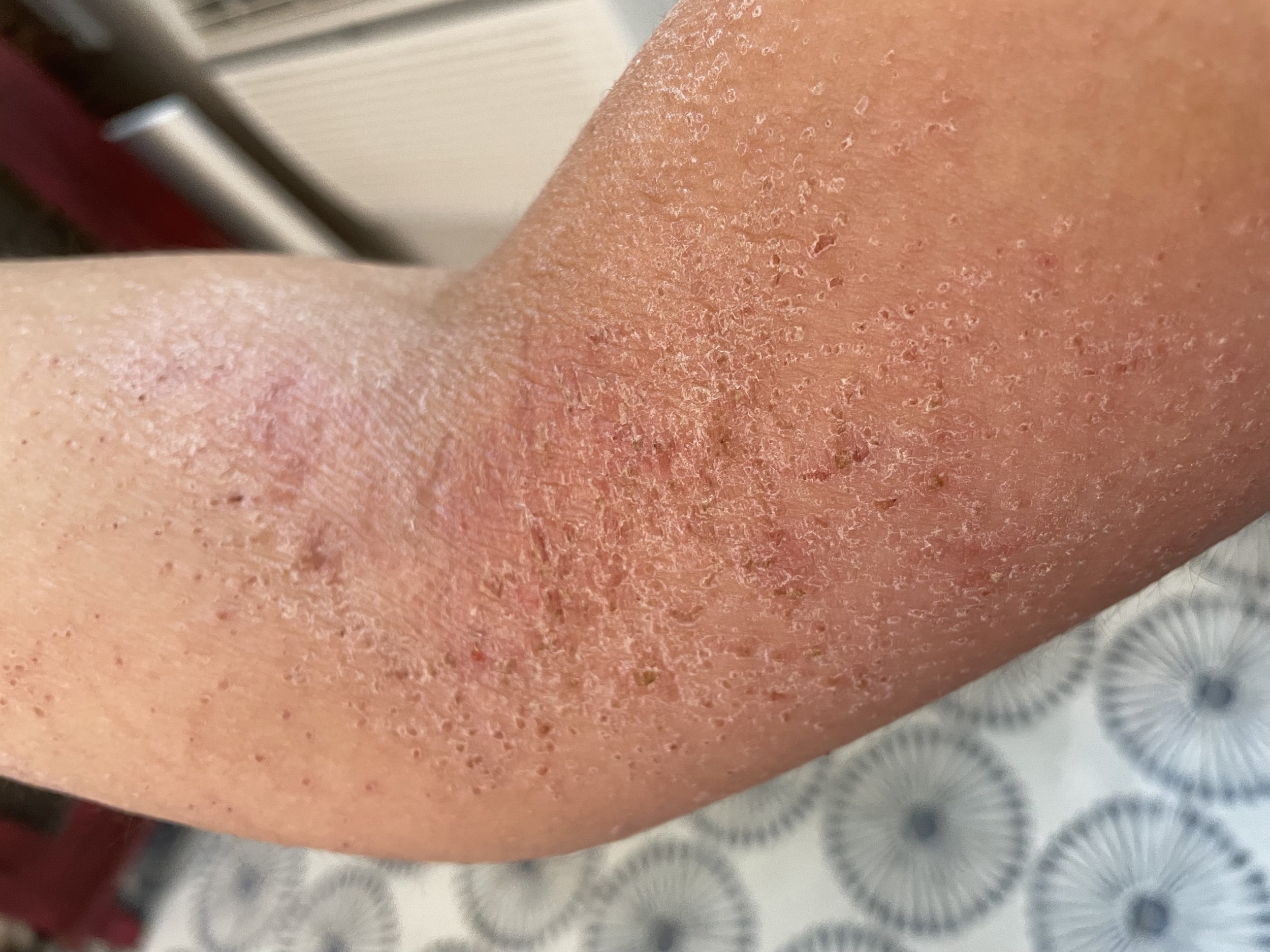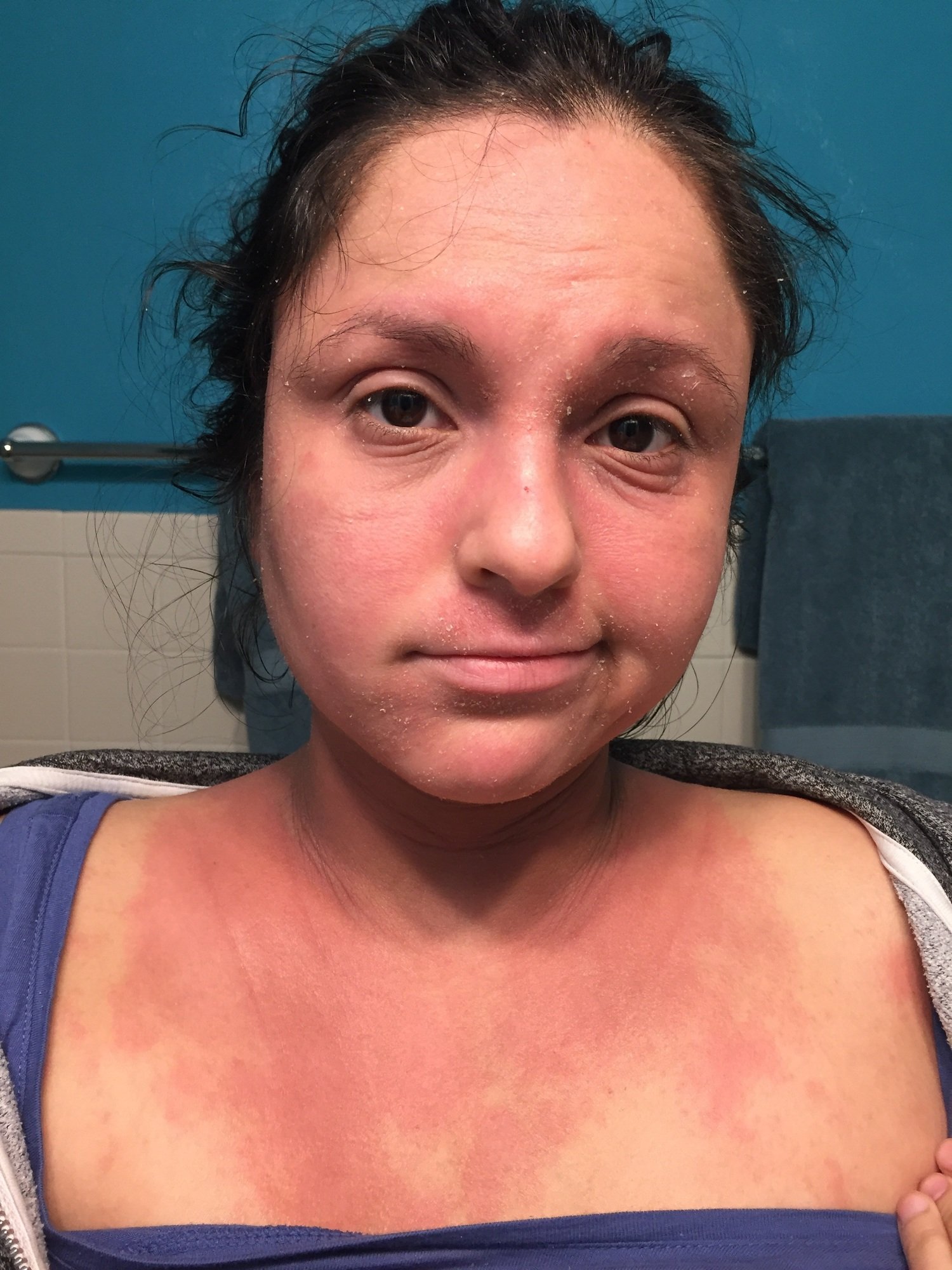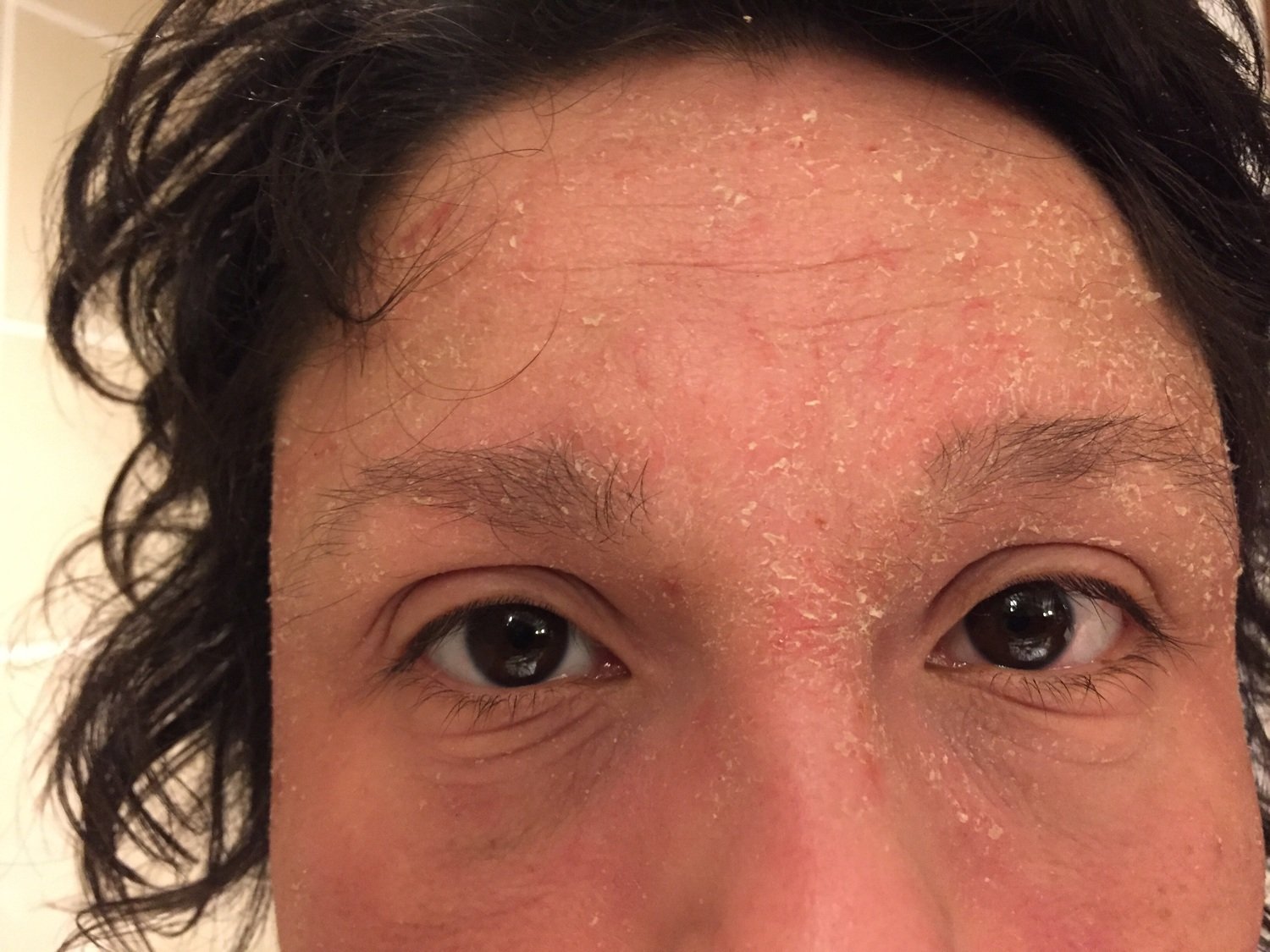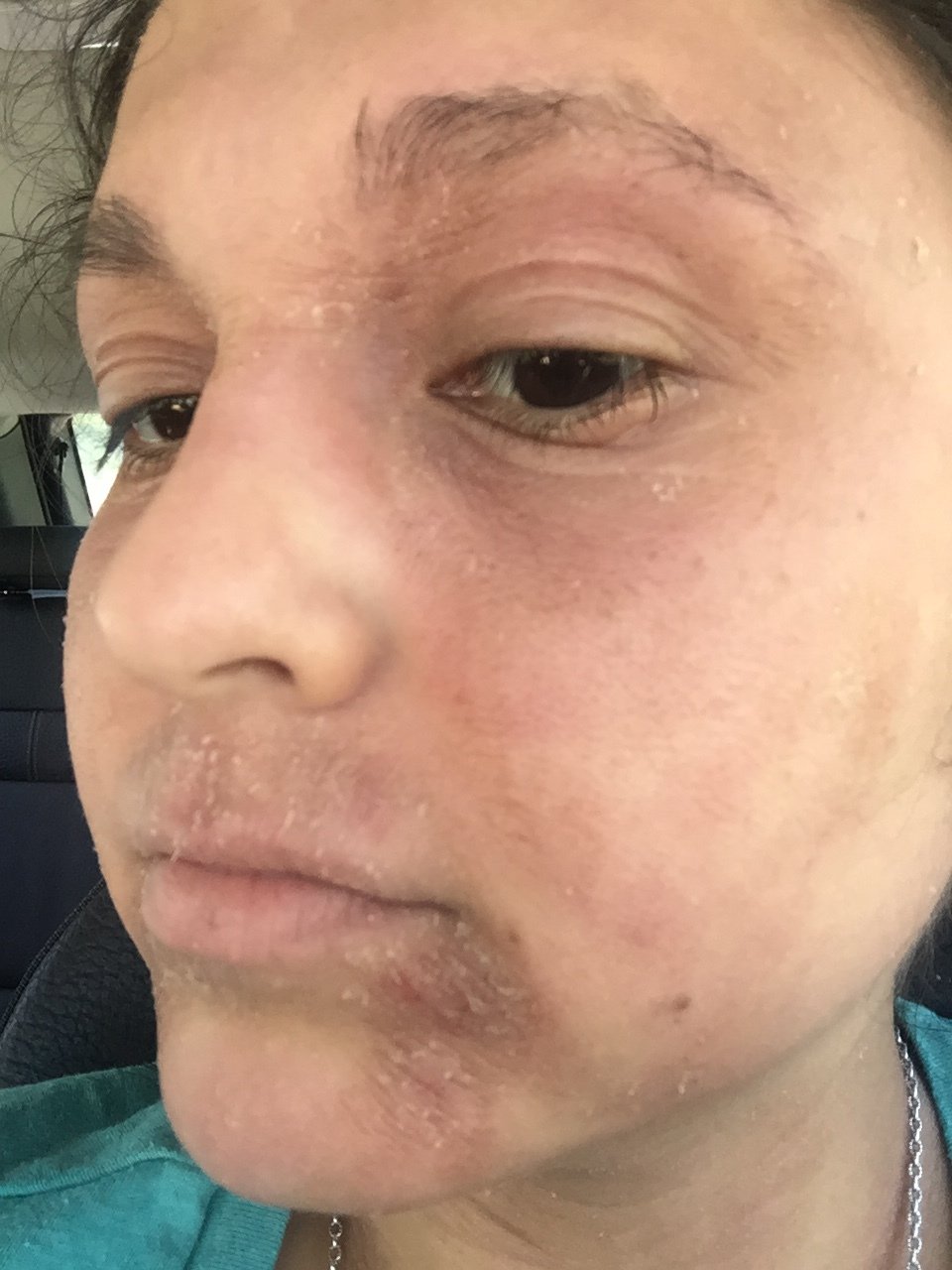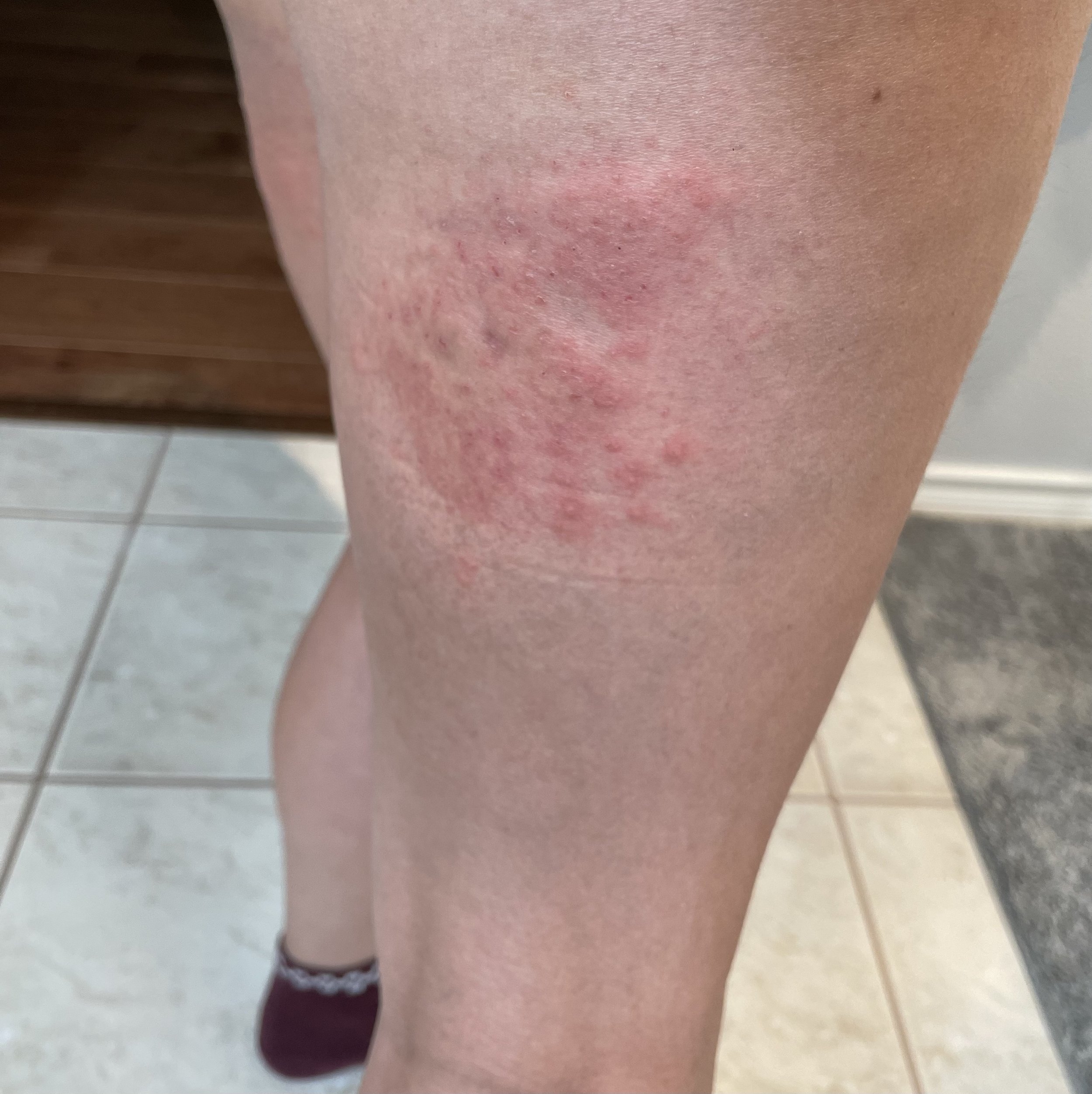Published on WebMD blog.
Eczema isn’t as simple as it seems. The symptoms, severity, and flare triggers can range widely from one eczema warrior to another. I think, though, that I can confidently say eczema is a skin condition that causes dry, itchy skin.
That doesn’t sound very confident, does it? I’ve had eczema for much of my life and have talked to many doctors, but I still have many questions about it. Is eczema the condition that causes the symptoms, or are the symptoms eczema itself? Eczema equals rashes, but rashes don't always equal eczema, right? Does it stop being eczema when the symptoms become super severe, even though eczema led to that severity level?
Before you conclude that I’m completely unqualified to write about eczema, I’ll share what eczema means to me and how it’s affected my body.
What Is Eczema?
Eczema is dermatitis -- they’re interchangeable words that describe a chronic condition with inflamed, dry, itchy skin. There are different types of dermatitis conditions, like atopic, contact, nummular, stasis, and seborrheic. I’ve dealt with atopic, contact, and seborrheic dermatitis. My current struggle is contact dermatitis, which is closely related to my many skin allergies.
How Do Skin Allergies Cause Eczema?
Triggers cause eczema flare-ups and can be related to things like stress or allergens. Allergens that come into contact with your skin cause a reaction. Poison ivy is a good example. Most people are allergic to poison ivy and they react with a rash.
Different people have different allergies. I have many skin allergies, and that makes it more likely for my body to come into contact with an allergen and have a reaction (i.e. an eczema flare-up).
My Skin Allergy and Eczema Life
My lifelong eczema journey is marked by milestones and revelations related to allergens that I discover are causing reactions. Fragrance was my first allergy revelation, then dust mites, and, as of last year, colophony (which is rosin made from pine, fir, cedar, and similar trees).
It seems the older I get, the more all-encompassing my allergens become. Lately, it’s to the point where my clothes are triggering flare-ups.
Example 1: I put on a sweater that triggered hives on my arms that kept spreading, improving, then worsening for weeks with no end in sight. It’s inflamed and itchy as I write these words.
Example 2: I wore sweatpants or sat on a fabric couch and the backs of my thighs broke out in painful, burning hives.
Example 3: I wore the same cloth face mask a few times and suddenly it triggered eczema on my face, in the areas under the mask.
These real-life examples are all recent, and they’re confusing -- not all sweaters, face masks, and sweatpants trigger reactions. I assume they need to be freshly washed or they can gather dust mites, triggering a flare-up. I have many more examples: reactions from metal jewelry, cosmetic products, rugs, deodorants, soaps, etc. Skin allergies are especially difficult because of their mysterious nature.
How I’ve Dealt With My Eczema and Allergies
I’ve been very thorough with my eczema treatments and have tried most options, from over-the-counter eczema creams to oral steroids and traditional Chinese medicine (like herbal pills and acupuncture, which worked well!). I used topical steroids to the point that I went through topical steroid withdrawal -- the most severe, debilitating skin condition imaginable. I’ll never use topical steroids ever again.
My treatments have varied throughout my life and have been based on the severity of my eczema, which has ranged between mild, moderate, and severe. Nowadays, I’m trying to manage my eczema by avoiding my allergens altogether and using a nonsteroidal prescription ointment when my eczema gets out of hand. I’m considering traditional Chinese medicine again because my mild-to-moderate eczema has been on the moderate side for much of this year and I don’t seem to be doing a good enough job at avoiding my many allergens.
It’s an Itchy Life
Although everyone’s eczema journey and eczema types are different, chronic eczema fighters have many things in common: consistently dealing with itchy skin, at different severity levels, resulting from different triggers throughout our lives. It’s an itchy life, and we all have that in common. It’s good to know I’m not alone in my itchiness.

